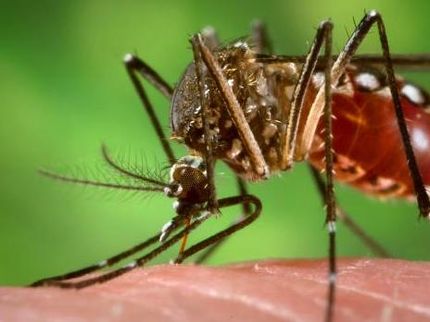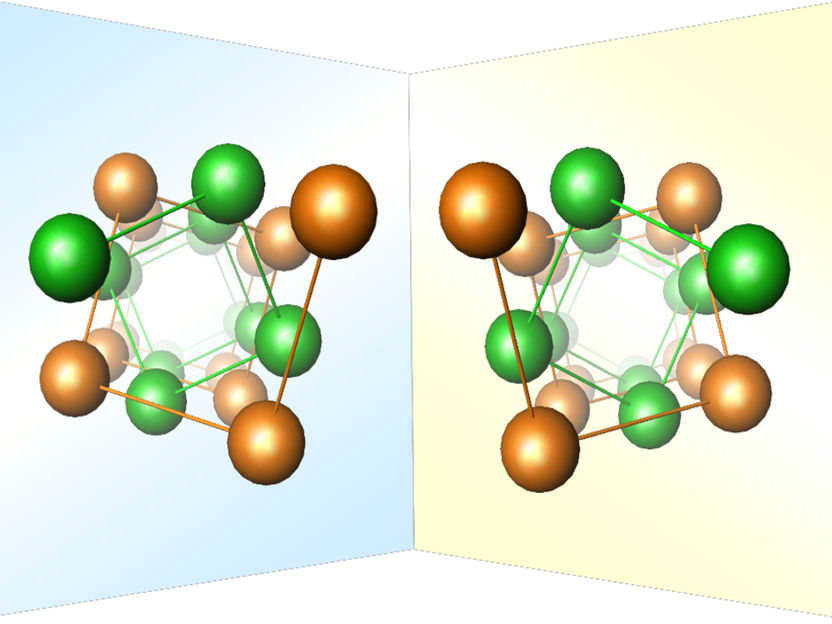Scientists Discover New Molecular Markers for Testicular Cancer
Researchers in the Netherlands use new technology from Applied Biosystems to identify different expression patterns of microRNA molecules in normal and cancerous cells
Scientists at the Erasmus MC-University Medical Center in Rotterdam, The Netherlands and Applied Biosystems, an Applera Corporation business, have made significant advances in testicular cancer research by identifying and analyzing a set of specific microRNA molecular markers that are involved in the development of testicular tumors. The study, which will be published in The Journal of pathology (Vol. 213 issue 3), provides new information about the unique cellular events that cause testicular cancer. These findings could potentially lead to earlier identification of the disease and new approaches for treating the cancer.
Although testicular cancer is relatively rare in the general population, it is the most common cancer in men between the ages of 15 and 44 years old. This study has found that normal and cancerous cells contain distinctly different amounts of molecules called microRNAs. The findings also showed that a tumor' s microRNA expression pattern provides vital information about the malignancy of the tumor. This new information could help clinicians to identify testicular cancer patients more quickly and more accurately, and provide more precise prognoses than current approaches.
MicroRNAs are short non-coding RNA molecules that regulate gene expression. They play an important role in many biological processes, particularly in cell differentiation and development. MicroRNAs have also been implicated in a number of different diseases, including various cancers. Research related to microRNAs is one of the fastest growing areas in biology.
The researchers in this study, who included Prof Leendert Looijenga, group leader within the department of pathology at the Erasmus Medical Center, which is affiliated with the Josephine Nefkens Institute in Rotterdam, and Simone Günther, Ph.D. and Jon Sherlock, Ph.D. from Applied Biosystems, profiled the expression patterns of 157 microRNA molecules in a series of different testicular tumors and normal testicular tissue samples.
To conduct this research, the scientific team deployed a high-throughput, quantitative PCR-based approach to compare the microRNA expression profiles of multiple cell tumor samples in parallel. The use of this real-time PCR workflow enabled the researchers to accurately determine the relative levels of mature microRNAs across a large number of different tumor samples, including those microRNAs present at levels too low to detect and quantify using other methods. The large dynamic range of the TaqMan® Assays allowed researchers to measure, in parallel, a broad range of target microRNA levels. The RT-qPCR data were analyzed using Real-Time StatMiner©, a data analysis software tool designed by Integromics(tm) , Spain in collaboration with Applied Biosystems.
Most read news
Topics
Organizations
Other news from the department science

Get the analytics and lab tech industry in your inbox
By submitting this form you agree that LUMITOS AG will send you the newsletter(s) selected above by email. Your data will not be passed on to third parties. Your data will be stored and processed in accordance with our data protection regulations. LUMITOS may contact you by email for the purpose of advertising or market and opinion surveys. You can revoke your consent at any time without giving reasons to LUMITOS AG, Ernst-Augustin-Str. 2, 12489 Berlin, Germany or by e-mail at revoke@lumitos.com with effect for the future. In addition, each email contains a link to unsubscribe from the corresponding newsletter.
























































